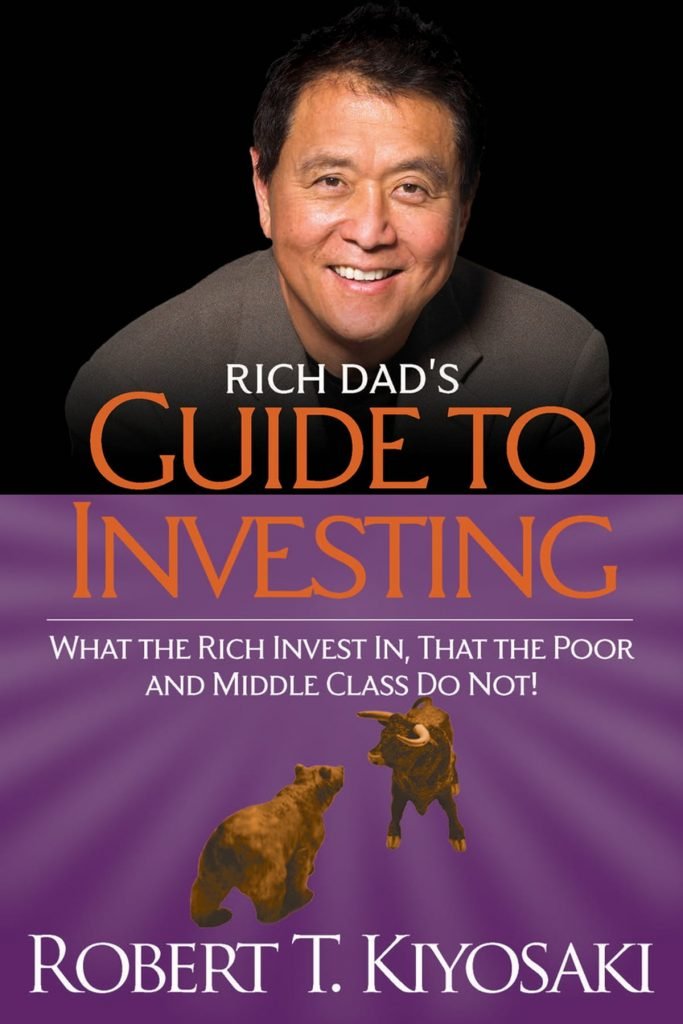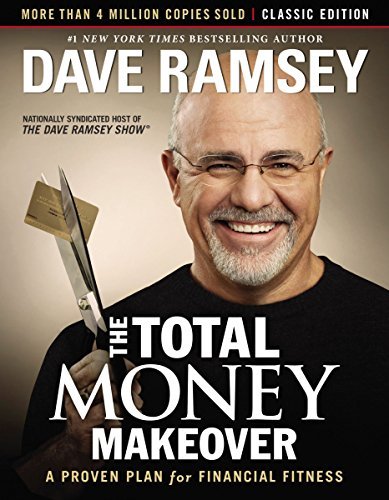No products in the cart.
8 Most Anticipated Romance Books of Spring 2025
Spring is just around the corner, and with it comes a fresh wave of romance novels that promise to sweep...
No products in the cart.
Many people are unfamiliar with the concept of financial independence. You may believe that acquiring a job will provide you with financial security, but this is not totally accurate. Wealth and freedom come from knowing how to manage your money. While we are taught a variety of disciplines in schools and universities, the most crucial component of our lives – money – is still not covered in the curriculum.
You must put up personal effort to gain a better understanding of your finances and how to handle them. This essay will assist you in doing just that. The top non-fiction books listed below can act as your financial counsellor and help you understand issues that most people avoid. If you don’t have time to read the complete book, reading book summaries or listening to audio book summaries of these works can also help.

Robert T. Kiyosaki
Rich Dad Poor Dad is Robert’s story of growing up with two dads — his real father and the father of his best friend, his rich dad — and the ways in which both men shaped his thoughts about money and investing. The book explodes the myth that you need to earn a high income to be rich and explains the difference between working for money and having your money work for you.
It’s been nearly 25 years since Robert Kiyosaki’s Rich Dad Poor Dad first made waves in the Personal Finance arena.
Rich Dad, Poor Dad brilliantly exposes weaknesses in the educational system that cause children to pursue the incorrect goals. Sure, gaining a job is fantastic, but there is more to life than that. Simply because having a job provides financial security does not mean it is the greatest road to financial independence. When opposed to working for someone else, working for yourself is always a superior option.
When fear and greed combine, people who are financially illiterate can make foolish decisions. People with money are usually greedy, while those without it are constantly afraid. To combat such feelings, it is critical that you get high-quality, in-depth financial information. Learn about investments, stocks, and other topics related to accumulating personal wealth. The path to wealth does not take a month or a year to travel. It necessitates perseverance and patience. Set reasonable goals for yourself and learn how to distinguish between assets and liabilities. First and foremost, pay and invest in yourself. Your job will help you pay the bills, but your business and investment in yourself will put you on the path to financial success.
The book will show you how to think large while remaining grounded. Read this book if you want to stop the cycle of conforming to societal norms.

Robert T. Kiyosaki
Investing means different things to different people… and there is a huge difference between passive investing and becoming an active, engaged investor. Rich Dad’s Guide to Investing, one of the three core titles in the Rich Dad Series, covers the basic rules of investing, how to reduce your investment risk, how to convert your earned income into passive income… plus Rich Dad’s 10 Investor Controls.
The Rich Dad philosophy makes a key distinction between managing your money and growing it… and understanding key principles of investing is the first step toward creating and growing wealth.
Anyone can achieve financial stability, but not everyone will experience wealth. What are your thoughts on how people become wealthy? Are you born with it or do you have a special talent? That may be true for some, but not for all. The key to being wealthy is to think like wealthy people. And, more importantly, how do they think? The secret is revealed in Rich Dad’s Guide to Investing.
Rich people invest in themselves and strive until they have a thorough understanding of financial education and literacy. When it comes to money, there’s a guideline known as the 90-10 rule, which states that 10% of people have 90% of the money. Rich people have access to a variety of investment options that are not available to the middle class. You cannot begin your journey to getting wealthy by making large investments in firms; instead, you might begin by developing your own business idea. Consider Jeff Bezos and Michael Dell, both of whom started their firms part-time and are now quite successful. You must be enthusiastic about your objectives while also working to obtain the necessary abilities. A wealthy individual understands the subtleties of investments, compounding, and how to make their money grow.
Rich people do not avoid investing because they are unfamiliar with the terminology; instead, they conquer the obstacles. The book explains how becoming wealthy is a possibility for everyone willing to invest time, effort, and strength.

Dave Ramsey
By now, you’ve already heard all of the nutty get-rich-quick schemes and the fiscal diet fads that leave you with a lot of quirky ideas but not a penny in your pocket. If you’re tired of the lies and sick of the false promises, Dave is here to provide practical, long-term help. The Total Money Makeover is the simplest, most straightforward game plan for completely changing your finances. And, best of all, these principles are based on results, not pie-in-the-sky fantasies.
Many people believe that as long as they have a steady work, they are financially secure. Is this, however, the case? Let’s pretend you have a steady work that pays well enough to sustain you and your family. Would you consider yourself financially secure if you lost this job today? Most likely not. This generation, sometimes known as the “debt generation,” lives on credit, purchasing items that they “need.” Financial stability is defined as living debt-free and investing in your future, rather than having a consistent stream of money flowing in at regular periods.
According to The Total Money Makeover, we see people around us buying a car and a house when they reach a particular age and assume that’s how people live. Obtaining a mortgage for a home or a car because we are in a position to repay our obligation. However, once you’ve paid off all of your bills, you’ll be on your way to financial independence.
When you realise that something needs to change, take little steps rather than making all of the adjustments at once. Begin by setting up an emergency fund because your financial disaster may be closer than you realise. Reduce other costs to maintain up with this fund, and gradually pay off debts. Start growing your emergency fund investment as you pay off bills. Once you’ve got this going, you may start saving for your retirement by investing in other programmes like Mutual Funds. You don’t want to spend the rest of your life paying off obligations such as your mortgage or your child’s tuition.
Rather than investing in your current liabilities, invest in your future. This will get you started on the road to financial health.
Spring is just around the corner, and with it comes a fresh wave of romance novels that promise to sweep...
As the seasons change and we step into the vibrant energy of spring 2025, readers everywhere are eagerly anticipating fresh...
Are you a bookworm who thrives on heart-pounding suspense and unexpected twists? Get ready to mark your calendars and clear...
Are you a bookworm always on the lookout for the next big literary gem to dive into? Well, get ready...

Where Trends are made and discovered
Trenzle is your official source of discovering the latest people, work, and ideas that deserve to trend. Discover Authors and their books, Creators and their work, People and their opinions, and Stories from around the globe.
Learn more
© 2023 Trenzle - Online Author News & Magazine